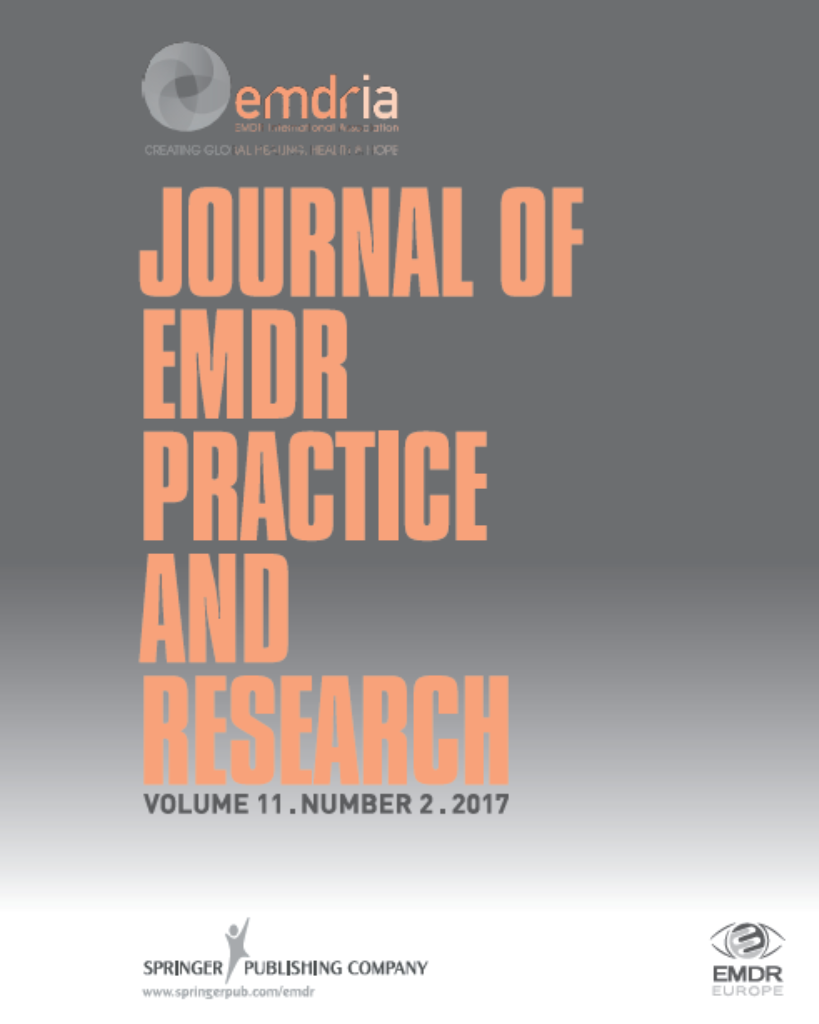Using EMDR With Autistic Clients: How Do Therapists Adapt?
Autistic people commonly experience co-morbid mental health conditions, including post-traumatic stress disorder (PTSD), anxiety and low mood.
“Autistic people commonly experience co-morbid mental health conditions, including post-traumatic stress disorder (PTSD), anxiety, and low mood. General consensus is that autistic people can benefit from evidence-based psychological therapies, with the acceptability and effectiveness of eye movement desensitization and reprocessing (EMDR) therapy becoming a growing area of interest. One hundred and three EMDR therapists were asked if and how they adapt the standard EMDR protocol to make the process and content more tailored to the needs and preferences of autistic people. We analyzed the qualitative responses of participants to these questions, including barriers and adaptations to all eight phases of the EMDR standard protocol. Overall, therapists emphasized the need for flexibility and responsiveness to the individual client, and the importance of autism-specific knowledge and autism-informed clinical supervision. Implications and future directions are discussed.”
—Description from publisher
Article Access
Open Access
van Diest, C., Leoni, M., Fisher, N., & Spain, D. (2022). Using EMDR With Autistic Clients: How Do Therapists Adapt? Journal of EMDR Practice and Research, 16(3), 123–134. https://doi.org/10.1891/EMDR-2022-0014
About the Journal
The Journal of EMDR Practice and Research is a peer-reviewed publication devoted to integrative, state-of-the-art papers about Eye Movement Desensitization and Reprocessing. It is a broadly conceived interdisciplinary journal that stimulates and communicates research and theory about EMDR, and their application to clinical practice. The Journal of EMDR Practice and Research is the Official Publication of the EMDR International Association.
Date
September 1, 2022
Creator(s)
Caroline van Diest, Marguerite Leoni, Naomi Fisher
Contributor(s)
Debbie Spain
Topics
ADHD/Autism/Neurodiversity
Extent
12 pages
Publisher
Springer Publishing Company
Rights
Copyright © 2022 EMDR International Association
APA Citation
van Diest, C., Leoni, M., Fisher, N., & Spain, D. (2022). Using EMDR With Autistic Clients: How Do Therapists Adapt? Journal of EMDR Practice and Research, 16(3), 123–134. https://doi.org/10.1891/EMDR-2022-0014
Series
16
Installment
3
Audience
EMDR Therapists
Language
English
Content Type
Peer-Reviewed
Original Source
Journal of EMDR Practice and Research
Access Type
Open Access





